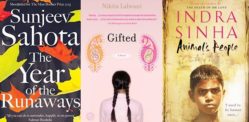Ayesha mirrors Elizabeth’s journey
What happens when classic British romance novels like Emma, Wuthering Heights and Jane Eyre get a Desi reimagining?
South Asian authors are reshaping iconic love stories through dynamic perspectives and modern cultural experiences.
Female protagonists must navigate family pressures, culture, and the unpredictability of romance through wit and confidence.
The tales demonstrate how Desi women redefine romance and independence within cultures shaped by family and tradition.
These novels blend tradition, resilience, and contemporary challenges whilst paying homage to the British classics that inspired them.
Whether set in London or Lahore, these books remind us that the heart’s quest for love, self-discovery, and belonging transcends time and place.
Ayesha At Last by Uzma Jalaluddin
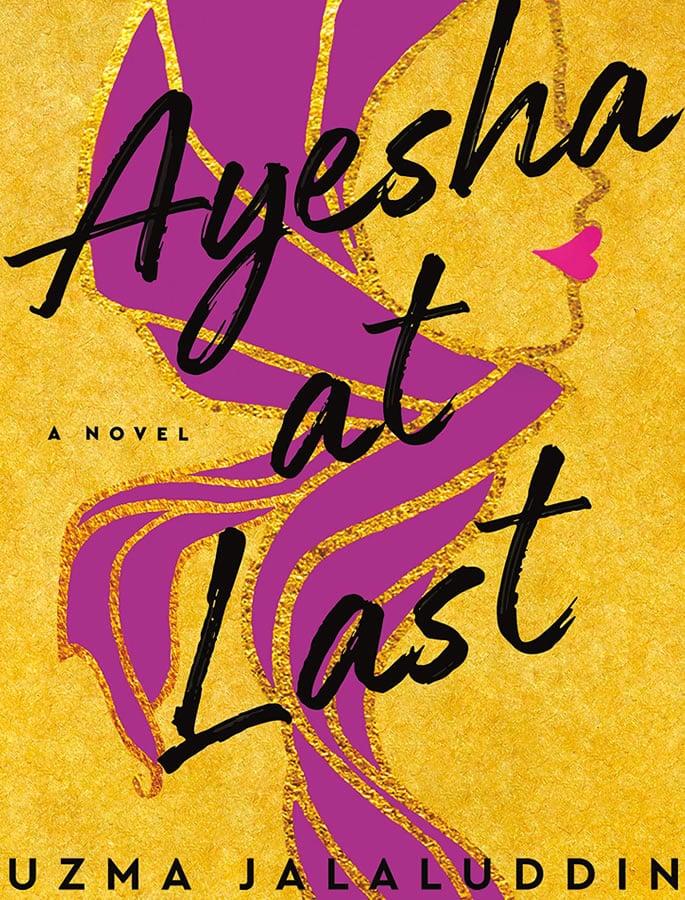
Ayesha at Last navigates family pressures and matchmaking schemes, critiquing patriarchal structures whilst echoing Elizabeth Bennett’s struggles with societal expectations in Pride and Prejudice.
With themes of cultural expectations, identity and opposing traits, Ayesha mirrors Elizabeth’s journey through mixed emotions towards Mr Darcy.
Set in Toronto’s Muslim community, Ayesha is a strong-willed teacher and aspiring poet who clashes with Khalid, a conservative and dutiful man she initially misjudges.
Working together to save the mosque, Ayesha and Khalid’s misunderstandings and shared challenges give way to respect and a blossoming connection.
Through witty dialogue and heartfelt moments, Uzma Jalaluddin explores how faith and independence can co-exist.
In this story, modern expectations around modesty, identity and arranged marriage are all questioned, leaving the reader with much to reflect on.
Most importantly, readers are reminded that love can flourish whilst embracing one another’s cultural and personal values.
Unmarriageable by Soniah Kamal

Soniah Kamal’s Unmarriageable closely reimagines Pride and Prejudice, with Mrs Binat striving to secure her daughters’ futures amid gossip and financial ruin.
Set in the fictional Pakistani town of Dilipabad, social hierarchy and marriage pressures echo Jane Austen’s world in a contemporary context.
Mrs Binat is a product of her environment, since she strongly believes the value of a woman is based on her husband’s status.
These internalised gendered expectations held by Mrs Binat are used to critique issues of class anxiety and patriarchal norms that continue to dictate women’s futures in Pakistan.
Alys, the second eldest Binat daughter, is a clever teacher who defies her mother’s more regressive notion of a woman’s place in society.
Alys’ pride is seen in multiple encounters with Mr Darsee. Yet such arrogance is a consequence of the misunderstandings between the two characters, alongside the weight of marital pressures and a family’s reputation.
Without a stable reputation, families like the Binats lose access to authority, agency, and control over their lives.
Kamal uses Austen’s satirical insight into class and marriage through a strong-willed protagonist and family anxieties to emphasise the wider importance of marriage within South Asia.
The Emma Project by Sonali Dev
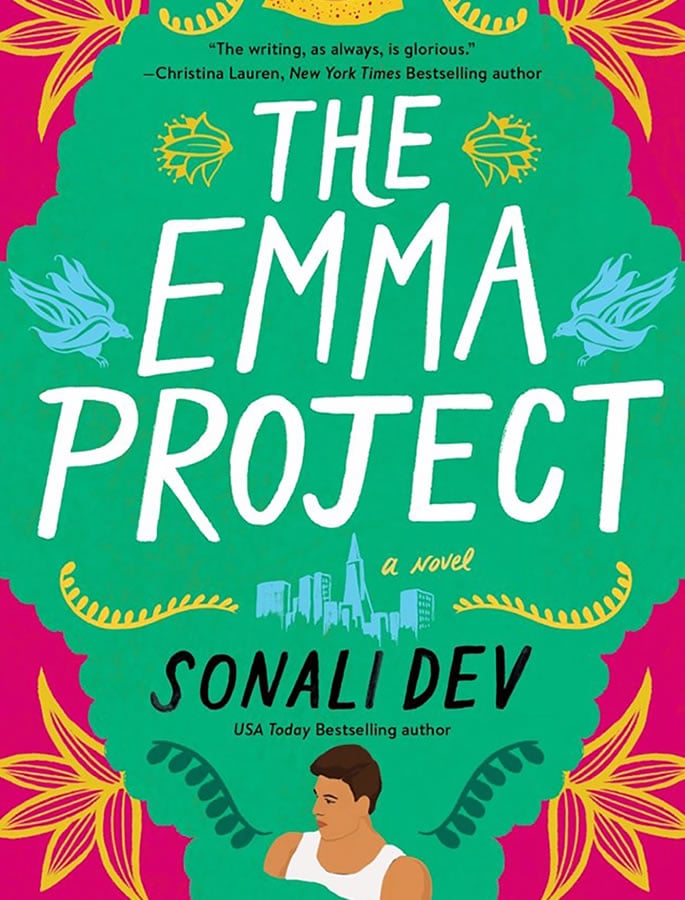
The Emma Project transports Jane Austen’s social games into an Indian-American setting, where Naina and Vansh’s ambitions and upbringings collide.
Austen’s Emma assumes the role of matchmaker. Her plotting creates misunderstandings that teach her the importance of self-awareness and humility, whilst discovering love and friendship along the way.
Just like Emma, Naina is a philanthropist who takes pride in meticulously orchestrating other people’s lives.
This need for control poses a great challenge when Naina is forced to confront her own biases when Vansh upturns her world.
Vansh challenges Naina’s playful worldview, sparking rivalry, excitement and tension as an unexpected attraction is formed between these opposing characters.
Batting jealousy, miscommunication, and ego, Sonali Dev emphasises the complexities of love even for the most self-assured people.
This retelling examines the transformative effects of love as it uncovers Naina’s vulnerabilities and past secrets.
Rosewood: A Midsummer Meet Cute by Sayantani DasGupta
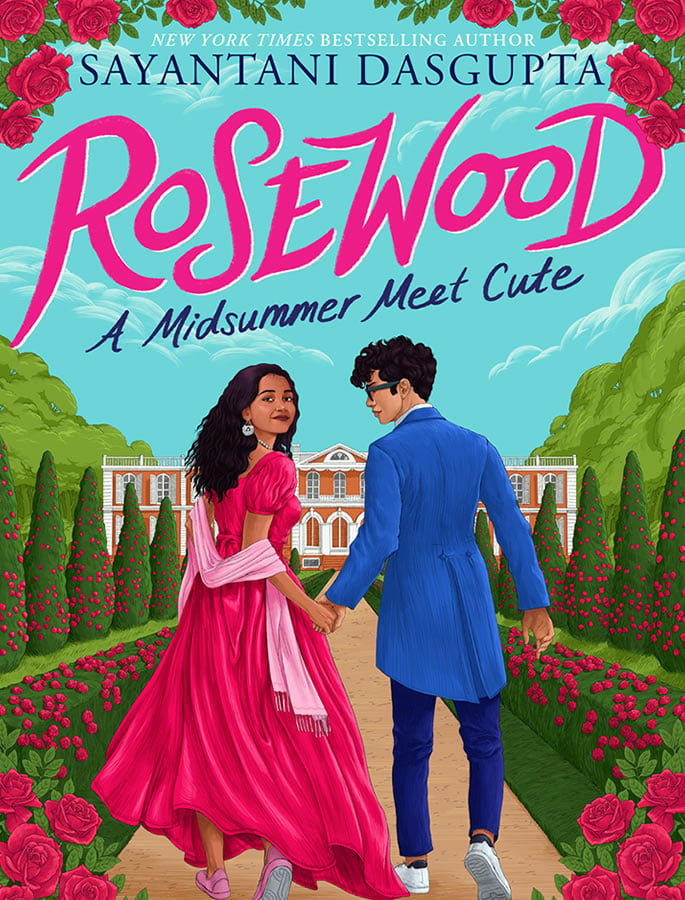
A loose adaptation of Jane Austen’s Sense and Sensibility, Rosewood reimagines the Dashwood sisters as modern South Asian-American teens navigating family pressures, ambition, and love.
Older sister Elia represents rational and responsible Elinor, while Mallika embodies Marianne’s free-spirited nature, creating conflict between the two.
Elia meets Rahul during summer camp, and their shared love of theatre quickly sparks a connection beyond physical attraction.
Elia’s mother expects her to pursue a stable career in law rather than chase her artistic dreams.
Sibling rivalry soon blossoms into support as Mallika encourages Elia’s theatrical passions, and Elia, in turn, guides her sister through heartbreak.
Sayantani DasGupta highlights South Asian struggles with Mallika questioning why lead roles favour white campers, exposing cultural bias and prejudice within this sector.
Ambition, identity, and miscommunication intertwine, drawing clear parallels with Austen’s exploration of sisterhood, social constraint, and duty.
Sofia Khan is Not Obliged by Ayisha Malik
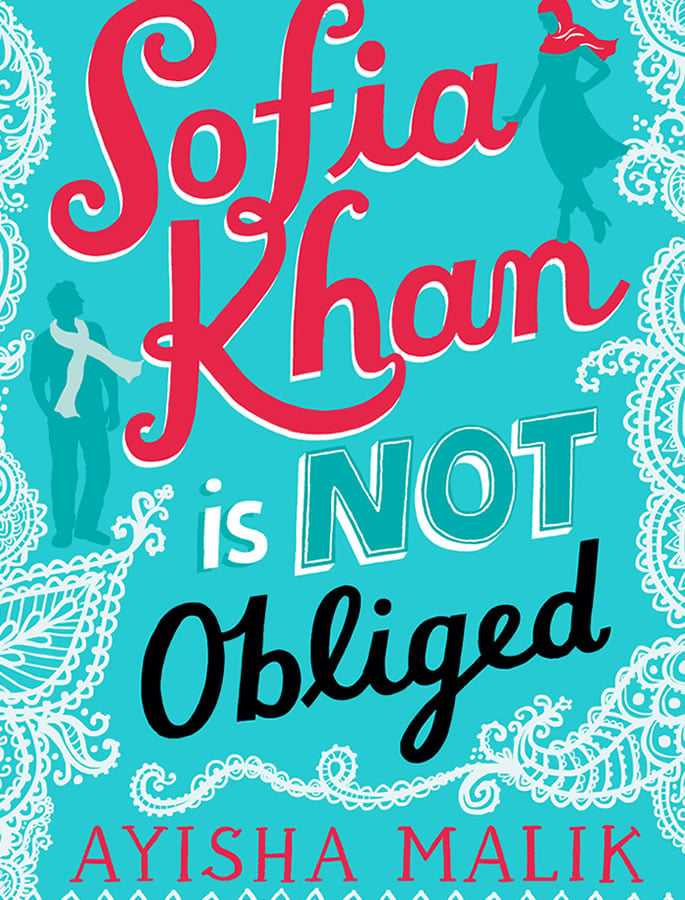
Ayisha Malik’s debut novel delivers a British-Pakistani love story that echoes Bridget Jones’ misadventures as Sofia tackles the intricacies and mayhem of modern dating.
Bridget chaotically attempts to balance her career aspirations with concerns over self-image and parents who relentlessly nag her about finding a boyfriend.
Through self-deprecating humour, Malik captures the awkwardness of dating whilst juggling family expectations.
Tasked with writing a book on the reality of dating as a Muslim in Britain, Sofia navigates religious duties and cultural ideals with Western romance.
Sofia’s belief that marriage should consist of religious and cultural compatibility, a match that pleases the parents, more widely reflects a naïve understanding of love within this community.
Her encounter with tattooed neighbour Conall overturns her more traditional assumptions of love.
Pressured to move in with the in-laws after getting engaged, Sofia defies cultural expectations and calls off the wedding, mirroring Bridget’s pursuit of her own happiness and independence.
Sofia Khan is Not Obliged celebrates female empowerment as Sofia continues to gain freedom to define her own love life and happiness, without making unnecessary compromises.
What Souls Are Made Of: A Wuthering Heights Remix by Tasha Suri
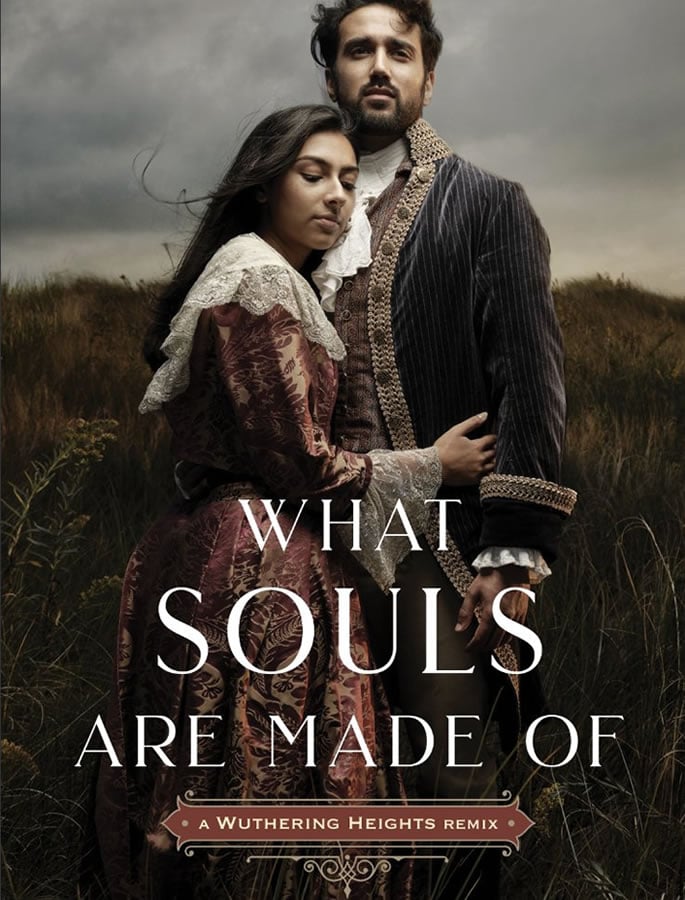
Tasha Suri draws inspiration from Wuthering Heights, revising its tale of social conflict and forbidden love into a story shaped by South Asian heritage.
Heathcliff, the mixed-race son of an Indian sailor, and Catherine, born to a white father and Indian mistress, find refuge in the Yorkshire moors.
Their bond is rooted in shared culture and language, yet it forms a union society deems unnatural and seeks to suppress.
Heathcliff suffers relentless abuse and discrimination from staff and peers, a nod to the prejudice faced by people of colour in colonial Britain.
Catherine embodies a divided identity: conforming to social expectations of marriage as a light-skinned woman or embracing Heathcliff and her Indian heritage.
As prejudice, class, and societal pressures close in, Catherine and Heathcliff must confront their true selves and the sacrifices they are willing to make.
Suri transforms Emily Brontë’s classic into one of reclamation, exploring how love, identity and vulnerability reveal the soul’s deepest truths.
Made in Heaven by Saz Vora

Saz Vora’s Made in Heaven offers a Gujarati spin on Jane Eyre, with Hema disempowered by cultural obligations just as Jane was isolated by Victorian social restraints.
Haunted by her traumatic past of emotional neglect, Hema seeks independence and healing in unfamiliar surroundings.
She escapes her strict cultural upbringing in Leicester to work as an au pair in rural France.
Her employer is Rahul, a brooding widower scarred by his own secrets, who becomes Hema’s refuge and cause for unrest.
Hema’s quiet defiance of arranged marriages, modesty, and family pressures shows the escalating tension between cultural expectations and individual freedom.
Feeling like an outsider in France, Hema finds comfort and belonging through prayers, Navratri dances, and homemade theplas.
Vora demonstrates that love and self-acceptance can thrive, even when bound by the weight of family and tradition.
For book lovers, these South Asian tales celebrate the joy of reimagining familiar stories through a different cultural lens.
As the stories dive into humour, romance, and the complexities of the South Asian identity, they invite reflection and laughter in equal measure.
The reinterpretations of British romance novels also serve as a means of questioning identity and gender dynamics, whilst challenging harmful stereotypes around women of colour.
These heroines wrestle with parental pressure to marry and navigate cultural expectations whilst forging their own happiness.
Ultimately, these revised tales present romance as a bold act of empowerment for the heroine when change, ambition, and tradition collide.


























































